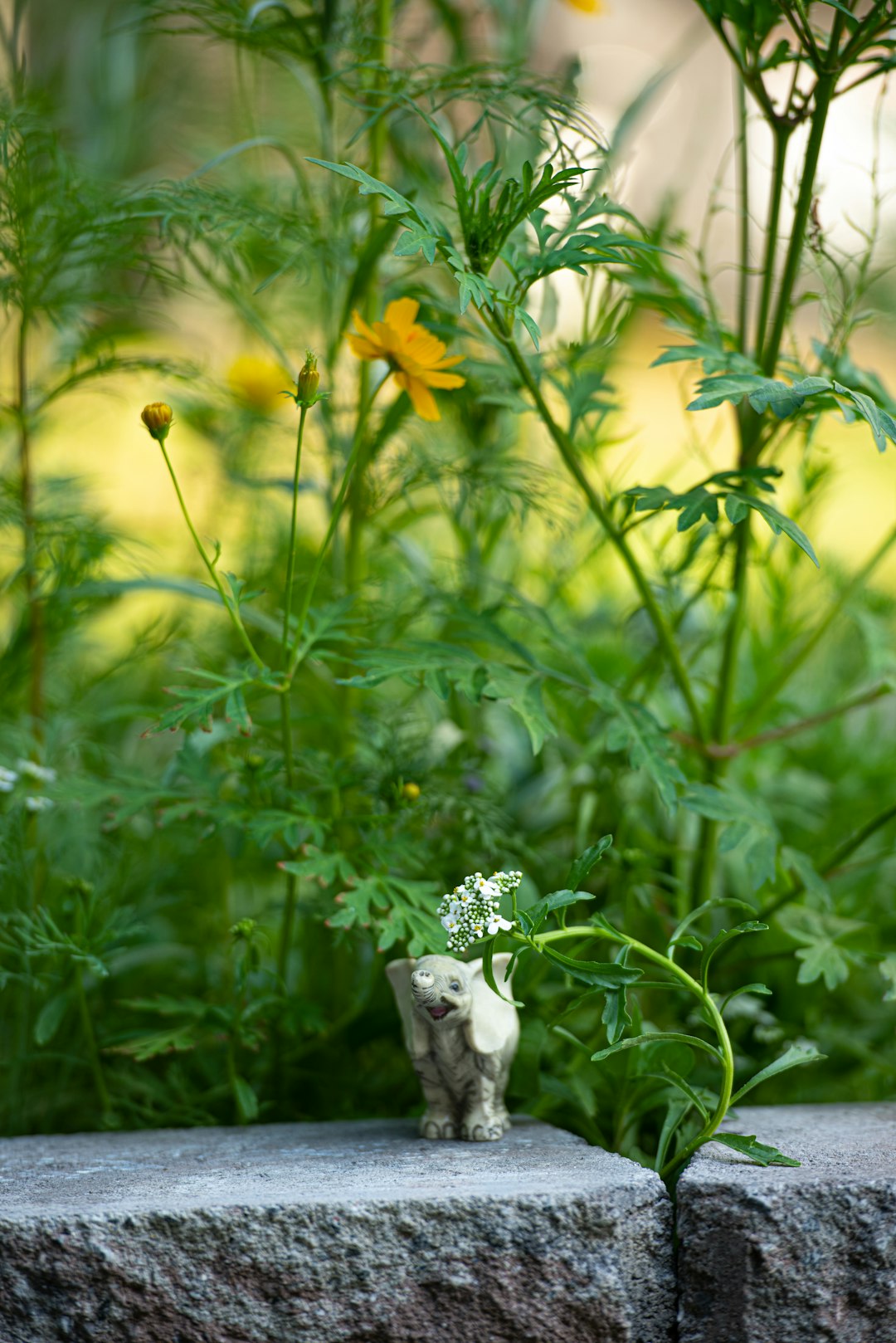Safeguarding Your Garden and Pets: The Best Pet - Friendly Weed Control Methods

When it comes to gardening, dealing with weeds is an inevitable challenge. However, if you have pets, the situation becomes more complex. You want to keep your garden free of weeds, but you also need to ensure that the methods you use are safe for your furry friends. In this article, we will explore the best pet - friendly weed killers and other effective ways to keep weeds in check without endangering your pets.
First and foremost, it's important to understand why traditional weed killers can be harmful to pets. Many commercial weed killers contain chemicals such as glyphosate, 2,4 - D, and dicamba. These chemicals can cause a variety of health problems in animals, including skin irritation, vomiting, diarrhea, and in severe cases, even organ damage or cancer. When pets walk on treated areas, they can pick up these chemicals on their paws and fur, and then ingest them when they groom themselves.
One of the most popular pet - friendly weed control methods is manual weeding. This involves getting down on your hands and knees and pulling the weeds out by the roots. While it may be time - consuming, it is completely safe for pets. Manual weeding is especially effective for small gardens or areas with sparse weed growth. You can use a hand trowel or a weeding fork to make the process easier. Make sure to remove the entire weed, including the roots, to prevent regrowth.
Another option is to use mulch. Mulch is a layer of organic or inorganic material that is spread over the soil surface. It helps to suppress weed growth by blocking sunlight and preventing weed seeds from germinating. Organic mulches, such as wood chips, straw, or shredded leaves, are not only effective at weed control but also add nutrients to the soil as they decompose. Inorganic mulches, like gravel or landscape fabric, are more long - lasting and can provide a more decorative look to your garden. When using mulch, apply a layer that is at least 2 - 3 inches thick to effectively smother the weeds.
Vinegar is a natural and pet - friendly alternative to chemical weed killers. White vinegar, which has a high acetic acid content, can be used to kill weeds. Simply pour undiluted vinegar into a spray bottle and spray it directly on the weeds. The acid in the vinegar will dry out the weeds and kill them. However, it's important to note that vinegar can also kill other plants, so be careful when applying it. It's best to use vinegar on weeds in areas where there are no desirable plants nearby, such as in between patio stones or along the edges of sidewalks.
Boiling water is another simple and safe way to get rid of weeds. Just boil a pot of water and carefully pour it over the weeds. The hot water will scald the weeds and kill them. This method is particularly useful for weeds growing in cracks in driveways or sidewalks. However, like vinegar, boiling water can also damage nearby plants, so use it with caution.
There are also some commercial pet - friendly weed killers available on the market. These products are formulated using natural ingredients, such as citrus oil, clove oil, or corn gluten meal. Citrus oil and clove oil work by disrupting the cell membranes of the weeds, causing them to dry out and die. Corn gluten meal is a pre - emergent herbicide, which means it prevents weed seeds from germinating. When choosing a commercial pet - friendly weed killer, make sure to read the label carefully and follow the instructions for use.
In addition to using these weed control methods, it's also important to maintain a healthy garden. A well - maintained garden is less likely to have weed problems. Make sure to water your plants deeply and infrequently, as this encourages strong root growth and makes it more difficult for weeds to establish. Also, regularly fertilize your soil to keep your plants healthy and competitive against weeds. Pruning your plants can also help to improve air circulation and reduce the chances of weed growth.
Finally, keep an eye on your pets when you are using any weed control methods. Even if you are using a pet - friendly method, it's still a good idea to keep your pets away from the treated areas until the product has dried or the area has been thoroughly rinsed. If you notice any signs of illness in your pets after using a weed control product, contact your veterinarian immediately.
In conclusion, keeping weeds in check in an animal - safe way is possible. By using a combination of manual weeding, mulching, natural alternatives like vinegar and boiling water, and commercial pet - friendly weed killers, you can maintain a beautiful and weed - free garden without putting your pets at risk. Remember, a healthy garden and happy pets go hand in hand.